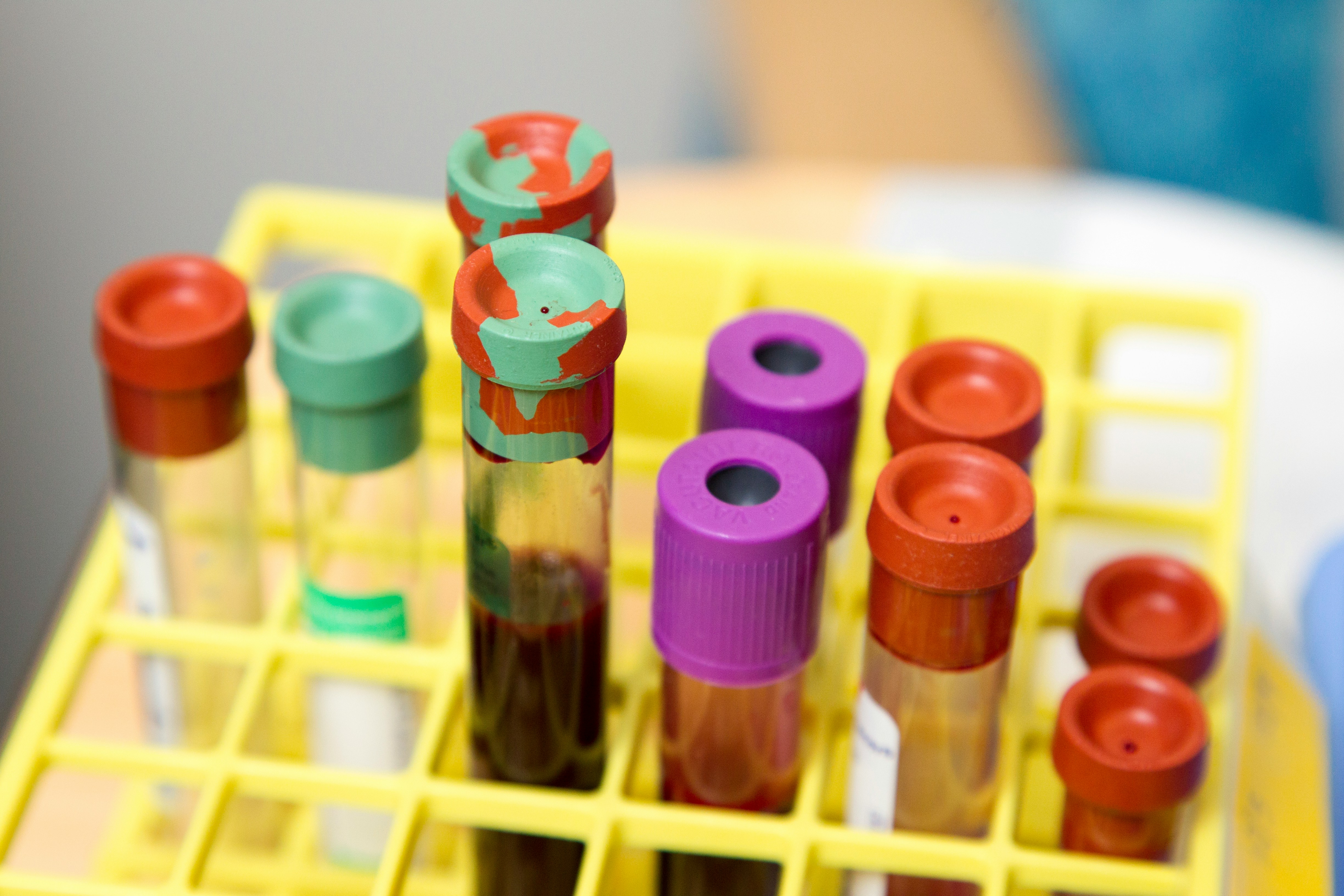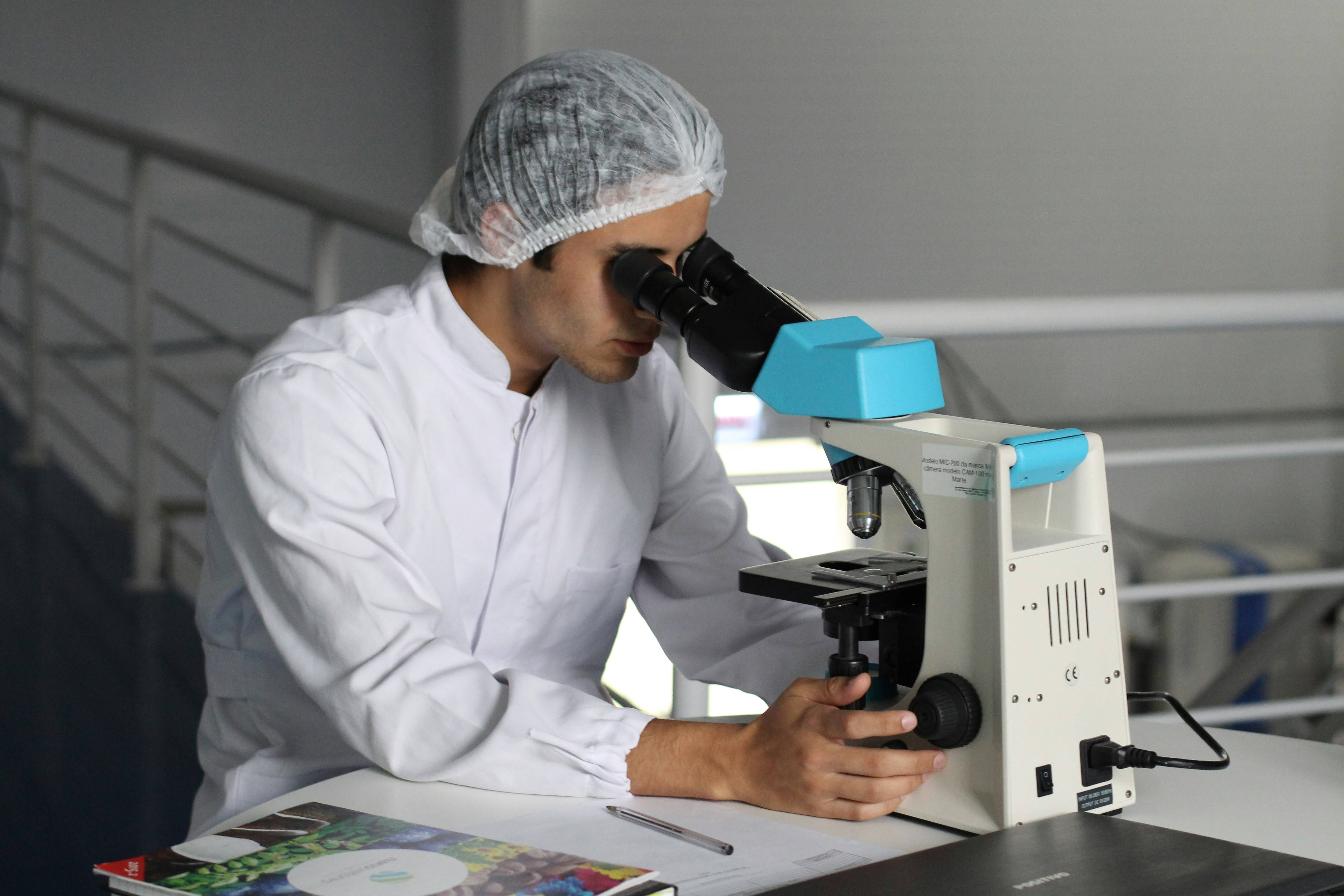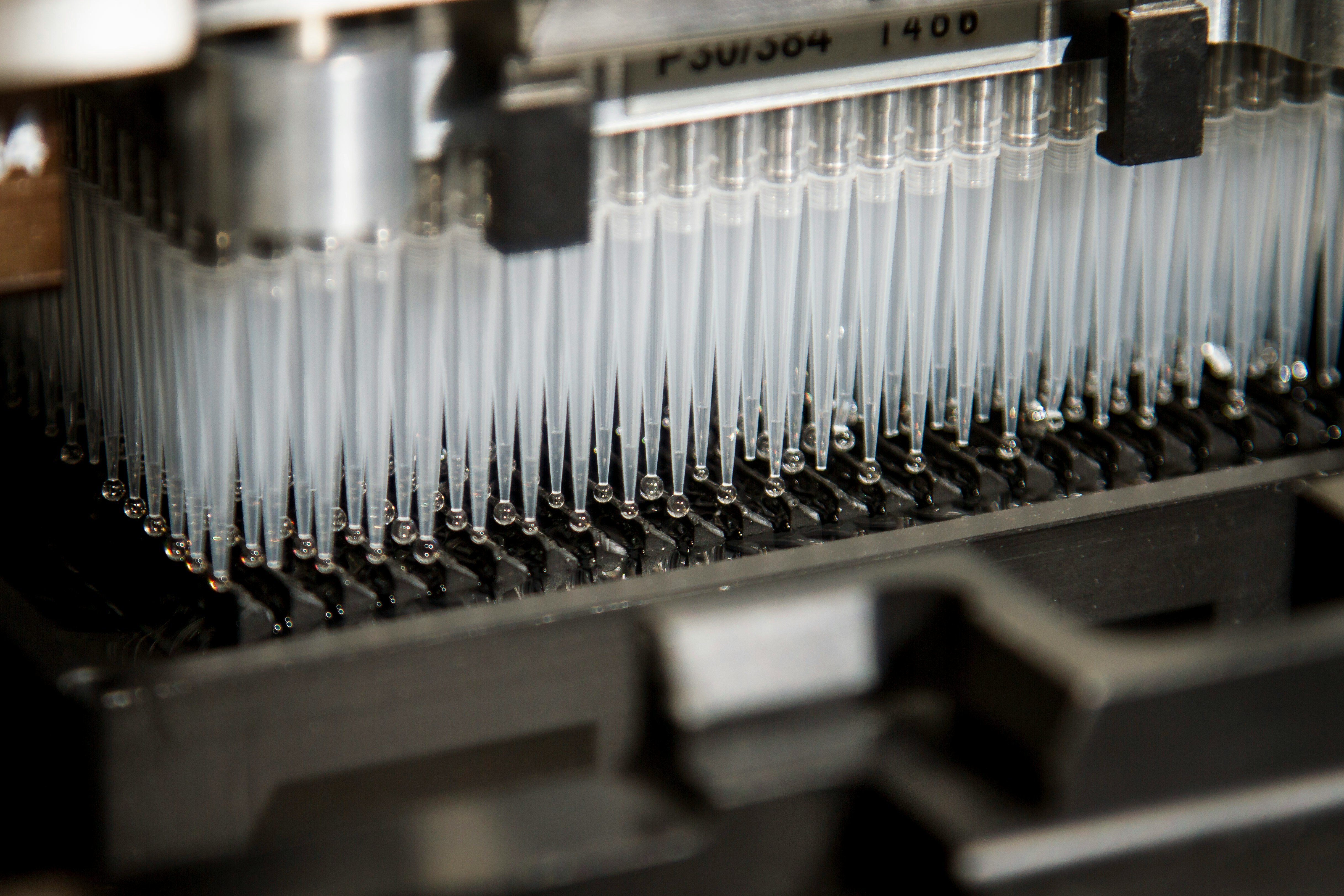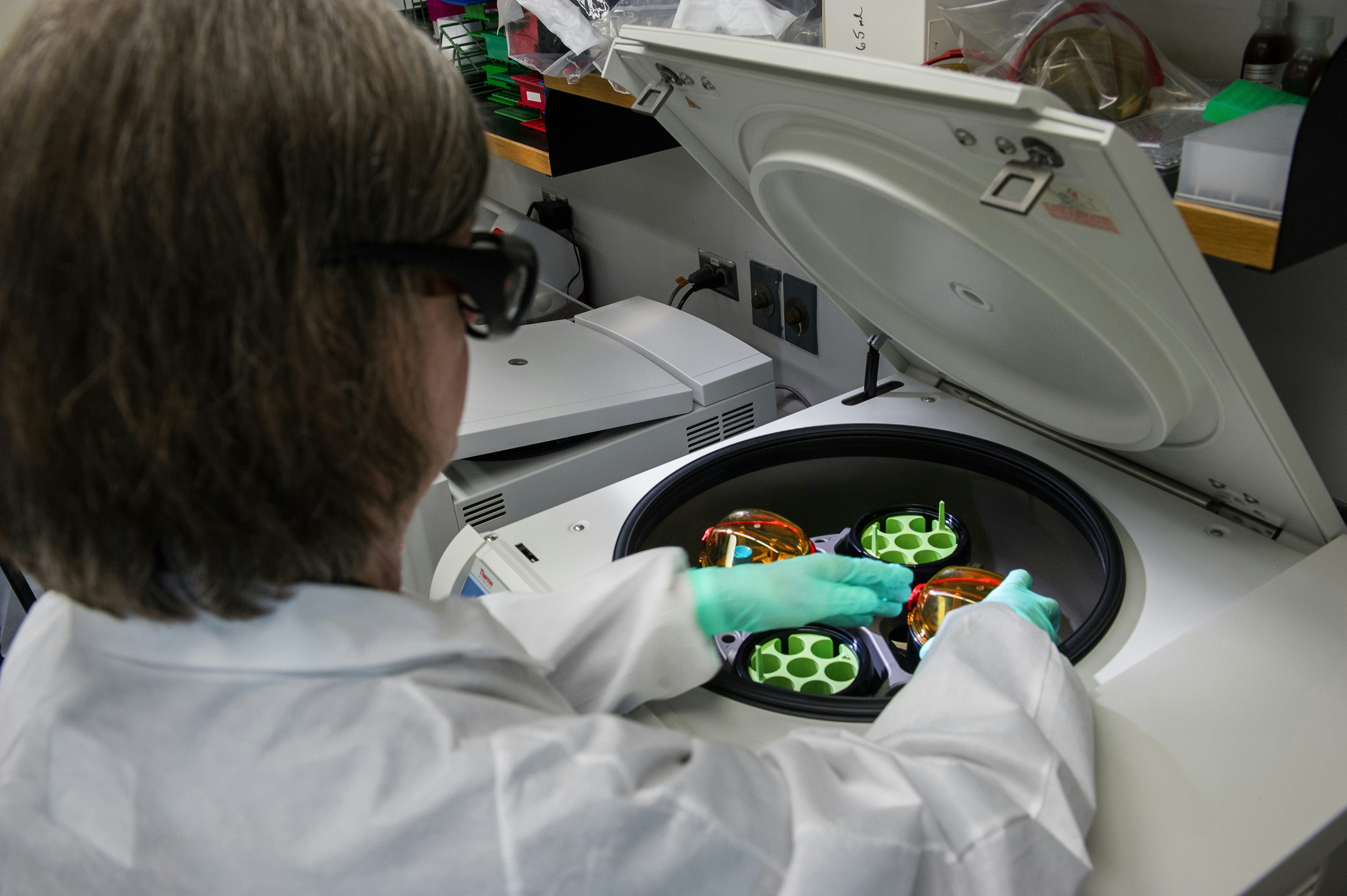Scientists have developed a groundbreaking blood test. This test can detect rare forms of dementia. It identifies specific blood markers for various neurological diseases.
The test focuses on frontotemporal dementia, amyotrophic lateral sclerosis, and progressive supranuclear palsy. Researchers from the German Center for Neurodegenerative Diseases led this study.
German Scientists Pioneer New Diagnostic Method

German researchers have created a novel diagnostic approach. They use blood tests to identify neurological disorders. This method offers a less invasive alternative to current practices.
It measures specific proteins in the blood as biomarkers. The team published their findings in Nature Medicine.
FTD, ALS, PSP: Overlapping Disease Spectrum

What connects these diseases? FTD, ALS, and PSP form a spectrum of neurodegenerative conditions. They share overlapping symptoms including dementia and behavioral changes.
Patients may experience paralysis and muscle wasting. Movement impairment often occurs in these diseases. These conditions cause serious impairments in affected individuals.
Blood Biomarkers Reveal Neurological Conditions

The study focuses on identifying blood biomarkers. These markers indicate the presence of specific neurological diseases. Researchers measured certain proteins in blood samples.
The proteins serve as indicators of disease pathology. This method allows for early detection of these conditions.
Current Diagnosis Requires Brain Examination

Why is this new test significant? Current diagnostic methods have limitations. They require examination of brain tissue for conclusive results. This process cannot be completed during a patient’s lifetime.
The new blood test offers a non-invasive alternative. It provides insights into disease pathology without brain tissue analysis.
No Cure Yet for These Diseases

Can these diseases be cured? Currently, no cure exists for these conditions. The new test doesn’t offer treatment options. However, it may accelerate research for potential cures.
Early diagnosis could lead to better management strategies. The test opens new avenues for understanding these diseases.
Nature Medicine Publishes Groundbreaking Findings

The prestigious journal Nature Medicine published this study. This publication highlights the significance of the research. It brings attention to the potential of blood-based diagnostics.
The findings may influence future neurological research. The medical community can now access these important results.
Multi-Country Research Collaboration Yields Results

How widespread was this study? Researchers from multiple countries collaborated on this project. The study involved institutions from Germany and Spain. University Hospital Bonn participated in the research.
This international effort pooled diverse expertise and resources. The collaboration strengthened the study’s validity and impact.
Blood Test Recognizes Multiple Neurological Diseases

The blood test can identify multiple conditions. It recognizes PSP and behavioral variant FTD. Most ALS cases are detectable through this method.
One specific ALS mutation may not be identifiable. The test also reveals underlying disease pathology.
First Discovery of Pathology-Specific Biomarkers

What makes this study unique? It’s the first to find pathology-specific biomarkers. These biomarkers provide insights into disease mechanisms. They allow for more precise diagnosis of neurological conditions.
This discovery may lead to personalized treatment approaches. It represents a significant advance in neurological research.


